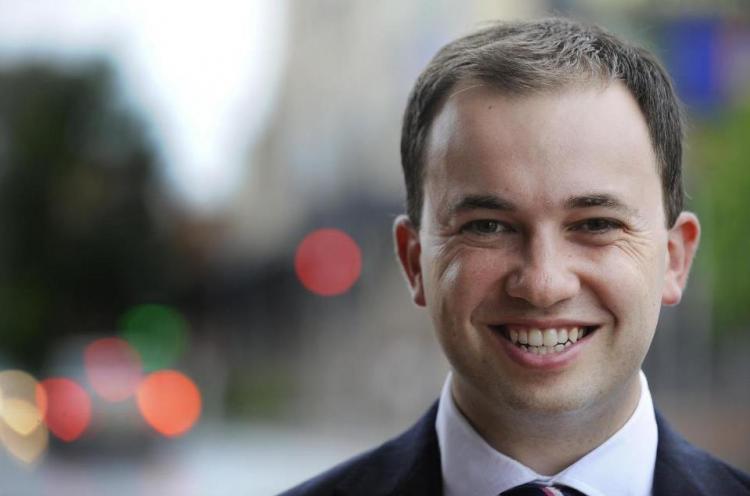
At 18 years of age Kieran Loveridge already had a charge sheet which would make the most hardened criminals blush – damaging property, assaulting a police officer, affray and violent assault.
He had been let off lightly in the past, with a mixture of probation and control orders.
On the fatal Saturday night in question, Loveridge was already on conditional liberty following a violent assault where he had king hit a teenager at a party.
After purchasing almost 48 standard-drinks of alcopops he, drunk and enraged, attacked five innocent and unsuspecting strangers for no reason at all.
Thomas Kelly was out with a couple of girls that night, and had just picked up his mobile to have a chat to a friend. He had no idea he was in danger.
The judge, having heard from the victim's family and read the material before the court, said of Mr Kelly that he "must have been a wonderful young man full of promise for the future, and of whom his parents were justly proud".
Not that that mattered to Mr Loveridge. He just wanted to fight. He wanted to hurt someone. He did not care who, so long as he did. So Loveridge hid, out of sight, waiting for a stranger, and when Mr Kelly approached, lurched out, punched him in the face, and ran away.
Thomas Kelly never got the chance to negotiate, so the question must be asked, why did Loveridge?
Mr Loveridge was arrested at 7.20pm on 18 July 2012 and charged with murder. Being sure he hit the victim in the face (though not remembering), Loveridge didn't want a murder charge to be put in front of a jury, nor did he want to plead guilty to murder – judges give long sentences to murderers. So he negotiated, offering to plead guilty to manslaughter if the murder charge was dropped.
He put his offer in an envelope and sent it in.
The Director of Public Prosecutions made the deal.
In a secret, dark backroom of the Director of Public Prosecutions offices, it was determined that Loveridge would be charged with manslaughter not murder.
The judge felt it necessary to explain that such a deal was completely beyond his control and that the deal tied his hands in sentencing. His Honour said, "the most serious crime for which the offender is to be sentenced is manslaughter, not murder. These are different crimes involving a different order of seriousness. It would be a grave error to mistake them. It is solely for the prosecution to decide what charges to bring. This is nothing to do with the Court. It is for the offender to decide how to plead. Again, this has nothing to do with the Court".
Why the Director of Public Prosecutions decided to bring manslaughter, not murder, charges is his own story, and he will have to tell it in his own words. His decision was, though, a disgrace.
Surely it should be for the community to decide, through 12 of its representatives, whether a man who goes on a drunken rampage and recklessly punches a stranger in the face was guilty of murder or manslaughter.
The deal was wrongful in every respect. It was the community's right to sit in the back of the courtroom and see justice done, as witnesses told the Court that Mr Loveridge was guilty of what he was originally charged with. Murder. It was the community's job to decide if he was guilty of what he was originally charged with. Murder. The Director of Public Prosecution did not allow that to happen, he preferred to take the easy deal and deny the community the opportunity to judge its own.
No wonder the public is fed up. We have been betrayed by our legal system, which in this instance has failed us badly.
Read original in the Daily Telegraph here.
